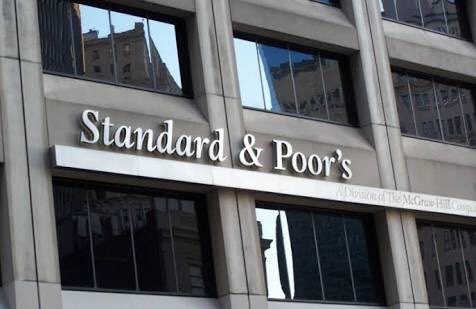S&P Global Ratings said it doesn’t expect widespread changes to banks’ issuer credit ratings as they increase credit-loss provisions in line with the new accounting standard IFRS 9.
Banks reporting under IFRS are now required to apply a more forward-looking approach to provisioning for credit losses under IFRS 9, which is likely to increase such provisions on initial adoption and greater volatility thereafter.
“The higher credit-loss provisions will be reflected immediately in full in our capital measures for 2018, but we don’t expect widespread changes to our ratings on initial adoption, given that it is change in reporting–not a change in underlying economic activity,” said S&P Global Ratings credit analyst Osman Sattar in the report published today, “The Adoption Of IFRS 9 And Bank Ratings.”
Provisioning is set to vary more greatly from bank to bank, increasing complexity and lessening comparability, which is a big disadvantage for investors, not least because of the diverging IFRS and U.S. GAAP approaches.
“The potential risks that IFRS 9’s earlier and higher provisioning requirements could amplify the swings of the economic cycle are not yet clear,” said Mr Sattar. “Full and consistent application of the rules, which may require regulatory encouragement and monitoring, will lessen such procyclicality risks.”
IFRS 9 shifts the accounting of credit losses to a more forward-looking “expected credit loss” impairment model that will require earlier recognition of credit losses in banks’ financial reporting compared to the previous (IAS 39) “incurred loss” approach.
IFRS 9 will affect banks across much of the world–outside of the U.S. and Japan. In the U.S., new rules on accounting for credit losses, which differ from IFRS 9, do not take effect until 2020 at the earliest. In Japan, most banks will continue to report under Japanese GAAP (which incorporates an element of expected credit losses) or U.S. GAAP.
In our recent global financial institutions analyst survey (see “Global Financial Institutions Analyst Survey 2018” published on Feb. 13, 2018), the majority of our financial institutions analysts (59%) expect IFRS 9 will increase provisioning by between 10% and 25%, while the remainder (41%) expect an increase of less than 10%.
Only a rating committee may determine a rating action and this report does not constitute a rating action.

